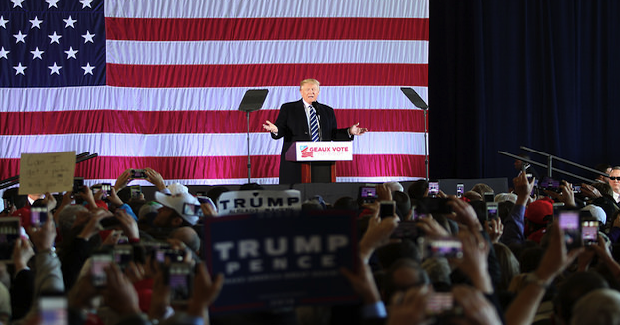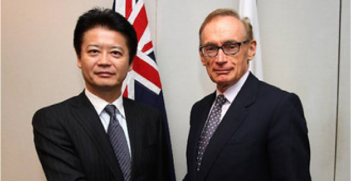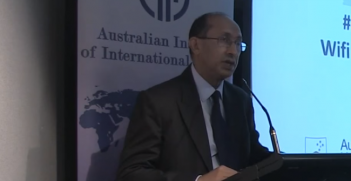American Opinion on the Asia-Pacific

The election of Donald Trump ushers in a new chapter in US relations with the Asia-Pacific region. As a candidate, Trump promised to withdraw from the Trans-Pacific Partnership trade agreement and to impose a 45 per cent tariff on imports from China. He criticised Japan and South Korea for not spending enough on defence and expressed indifference to Tokyo and Seoul acquiring nuclear weapons.
What President Trump will do once he occupies the White House is unknowable. But the mood of the American public, and those who voted for the incoming chief executive, is known. And it may provide some insight into Americans’ expectations of their new president, especially with regard to issues affecting the Asia-Pacific.
The first thing people outside the United States need to realise is that, in thinking about a Trump administration, international issues are a low priority for the American people, and this includes Trump voters. Just 4 per cent of Trump voters believe that defence and national security should be President-elect Trump’s top priority, and only 1 per cent say it should be foreign policy.
Nevertheless, Trump’s supporters want action, even if that involves uncertainty. In a Pew Research Center survey conducted right before the election, 53 per cent of Trump supporters said they preferred new approaches to the nation’s challenges in order to solve problems quickly, even if these risk making things worse.
That said, even his own supporters do not view Trump as equally competent in all areas. While majorities of Trump supporters have a great deal of confidence in his ability to handle the economy, terrorism, health care and illegal migration, just 47 per cent express such faith in his prospective dealing with foreign policy. Across the political aisle, only 6 per cent of Clinton voters have a fair amount of confidence in Trump’s ability to handle international affairs.
The potential for Trump’s campaign slogan “Make America Great Again” to animate his administration’s policies should not be underestimated going forward. Roughly 8 in 10 Trump supporters believe that life for people like them is worse today than it was 50 years ago, according to a Pew Research Center survey. And two-thirds of Republicans think that the US is less important and powerful than it was 10 years ago. Finally, exit polls on election day found that 69 per cent of Trump voters believed the country was seriously off track.
A critic of past trade deals, Trump has denounced the Trans-Pacific Partnership (TPP), an accord built upon the US-Australia free trade agreement negotiated by the George W. Bush administration. His stance reflects the views of his supporters: in an October survey 66 per cent of registered voters who backed Trump said the TPP was bad for the US and 72 per cent believed that free trade agreements in general were bad for the country.
Trump’s tough stance toward China also reflects his supporters’ views. This is of particular relevance to Australia because Aussies are divided on whether China or the US is more important to Australia: 45 per cent say China, 42 per cent say it is America. In October, around three-quarters of registered US voters who backed Trump characterised China as an adversary or a serious problem for the US. And in a 2015 Pew Research Center survey, 59 per cent of Republicans said the US trade deficit with China was a very serious problem.
On the broader issue of the Obama Administration’s pivot to Asia, Trump’s wariness of overseas engagement may face some pushback from his own party, which may be more hawkish than the incoming president on a number of security-related issues. In 2015, 58 per cent of Republicans favoured an increase in US military resources in Asia and 68 per cent of the GOP believed that the US should go to the defence of Japan, South Korea or the Philippines if one of them got into a serious military conflict with China. Moreover, roughly half (52 per cent) of Republicans would like to see Tokyo play a more active military role in the region.
Australia was not an issue in the 2016 presidential election, so US public opinion says little about future relations with the new Trump Administration. But in 2015, 44 per cent of the US public, including 47 per cent of Republicans, said they trusted Australia a great deal. And another 36 per cent, including 38 per cent of Republicans, trusted Australia a fair amount. This was a much greater degree of public trust for Australia than for China, Japan or South Korea.
A clear Trump policy toward the Asia-Pacific region may take months to form. And public opinion does not necessarily drive foreign economic and security policy. But the American public has views on the region. And the incoming administration cannot be expected to totally ignore those sentiments.
Bruce Stokes is director of global economic attitudes at the Pew Research Center in Washington DC.
This article is published under a Creative Commons Licence and may be republished with attribution.





